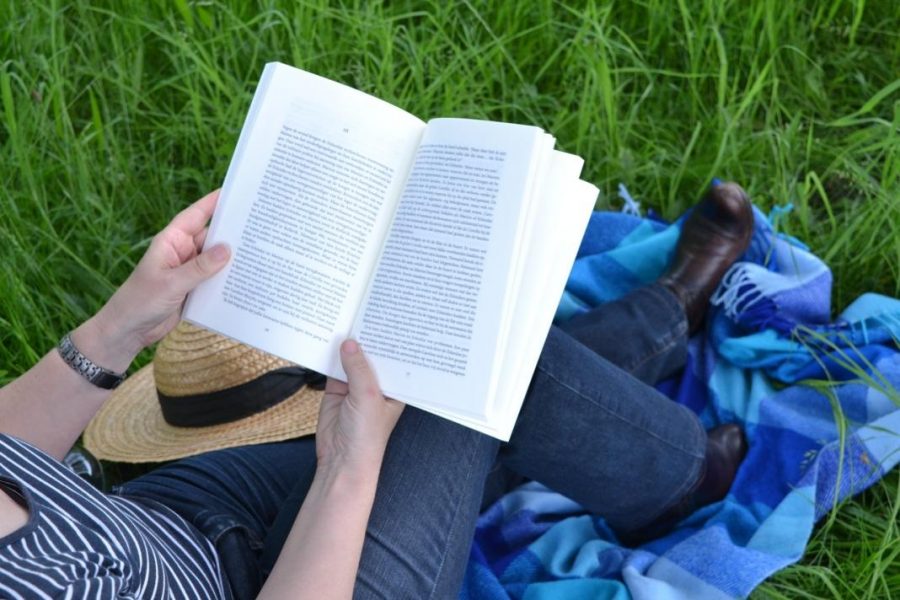I am a recovering workaholic. I base my worth on my GPA and my resume, and I pick up more projects and jobs than I should because I am afraid that having any down time means I am lazy. Obviously my obsession with work is unhealthy in this extreme degree. However, I’ve also come to realize it is unhealthy at its core because it is based on the incorrect assumption that work and productivity are the most important things in life.
If you had asked me before college what I valued most, I probably would have said something like family, or my faith or being kind to others, but I would have been lying. Even though I knew that these things were good, I always assumed that they were less important than working — than leaving a mark on the world and being a contributing member of society. It seemed that friends, family and fun were just there to fill the gaps between the real task of life: working.
I didn’t question this assumption until I listened to a podcast about Josef Pieper’s Leisure, the Basis of Culture. Pieper questioned my basic, unexamined assumption about life, writing, “What is normal is work, and the normal day is the working day. But the question is this: can the world of man be exhausted in being ‘the working world?’ Can the human being be satisfied with being a functionary, a ‘worker?’ Can human existence be fulfilled in being exclusively a work-a-day existence?” I had only been in college for a few months when I heard this, but the grinding pace of academic work already made me instinctively answer that no, human existence cannot be fulfilled with work.
I was left with the discomforting question of what human existence can be fulfilled with if not with work. I am convinced the answer lies in the title of Pieper’s work. It is in leisure, not work, that we find the meaning of our lives. By leisure, I do not mean lazing around bingeing on Netflix (although I do love a good binge). Rather, I mean those life-giving activities that remind us of who we are, what we enjoy, why we are happy to be alive. Reading a book, talking with a friend or riding a bike — these are examples of the leisurely activities that give our lives meaning.
I don’t mean to imply that work is terrible and that we should all quit our jobs to paint and explore museums all day. Instead, I invite you to reexamine your relationship with work and leisure. Which do you draw more meaning from? Which do you place more importance on? If you’re anything like me, you likely draw more meaning from your leisurely activities but place more emphasis on work. If that is the case, consider how you can minimize that disconnect in priorities. Work hard, give back to your community and make a difference in the world. Just remember it is leisure, not work, that gives life meaning.


